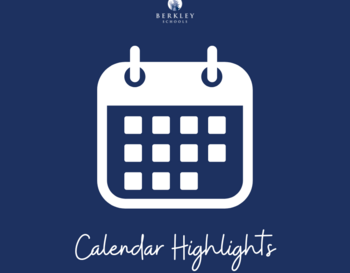Calendar Highlights: December

The Berkley Schools printed calendar highlights heritage months, holidays, days of observances and recognition days. In the Berkley Beat, we’ll highlight these days with more information for community learning to help us achieve the District goal of creating an environment where all staff, students and community members feel a sense of belonging.
International Day of Persons with Disabilities - December 3
The annual observance of the International Day of Disabled Persons (now called International Day of Persons with Disabilities) was proclaimed in 1992 by the United Nations General Assembly. It aims to promote the rights and well-being of persons with disabilities in all spheres of society and development, and to increase awareness of the situation of persons with disabilities in every aspect of political, social, economic and cultural life.
The United Nations shared the following Facts & Figures about persons with disabilities.
- Over 1 billion people in the world have some form of disability.
- More than 100 million disabled persons are children
- Children with disabilities are almost four times more likely to experience violence than non-disabled children
- 50% of disabled persons cannot afford health care
Pearl Harbor Remembrance Day - December 7
Pearl Harbor Remembrance Day is celebrated on December 7 annually, remembering those who were lost during the attack on Pearl Harbor during World War II. In this year’s Presidential Proclamation, President Biden shared, “On this day 82 years ago, 2,403 service members and civilians were killed in a painful and unprovoked attack on our Armed Forces. On National Pearl Harbor Remembrance Day, we remember these women and men, who gave their last full measure of devotion to our Nation. We honor the brave service members who — with the horrors of Pearl Harbor weighing on their hearts and the hopes of humanity resting on their shoulders — answered the call to defend freedom against the forces of fascism during World War II.”
Chanukah - Begins on December 25 at Sundown through January 2
Chanukah is the Jewish eight-day, wintertime “festival of lights,” celebrated with a nightly menorah lighting, special prayers and fried foods.
The Hebrew word Chanukah means “dedication,” and is thus named because it celebrates the rededication of the Holy Temple. Also spelled Hanukkah (or variations of that spelling), the Hebrew word is actually pronounced with a guttural, “kh” sound, kha-nu-kah, not tcha-new-kah. Learn more about the history of Chanukah on the Chabad.org website.
On Chanukah, it is customary to play with a dreidel (a four-sided spinning top bearing the Hebrew letters, nun, gimmel, hei and shin, an acronym for nes gadol hayah sham, “a great miracle happened there”). The game is usually played for a pot of coins, nuts, or other things, which is won or lost based on which letter the dreidel lands when it is spun.
Christmas - December 25
Christmas is a Christian festival that celebrates the birth of Jesus Christ, who Christians believe was the son of God. For most people, it takes place every year on 25 December – the day that the Roman Catholic Church chose to mark Jesus’ birthday. Learn more on the National Geographic Kids website.
Not all Christians celebrate Christmas on the same day. In countries with large populations of Orthodox Christians, such as Russia, the Ukraine and Romania, Christmas Day falls on January 7. Some Greek Orthodox Christians celebrate Christmas on January 7, too.
According to history.com, Santa Claus—otherwise known as Saint Nicholas or Kris Kringle—has a long history steeped in Christmas traditions. Today, he is thought of mainly as the jolly man in red who brings toys to children on Christmas Eve, but his story stretches all the way back to the 3rd century, when Saint Nicholas walked the earth and became the patron saint of children.
Kwanzaa - December 26 - January 1
Kwanzaa is an annual celebration of African-American culture from December 26 to January 1, culminating in a communal feast called Karamu, usually on the sixth day. Created in 1966 by Maulana Ron Karenga, Kwanzaa is an African American and Pan-African holiday that celebrates history, values, family, community and culture. The ideas and concepts of Kwanzaa are expressed in the Swahili language, one of the most widely spoken languages in Africa. Learn more on the National Museum of African American History and Culture website.





